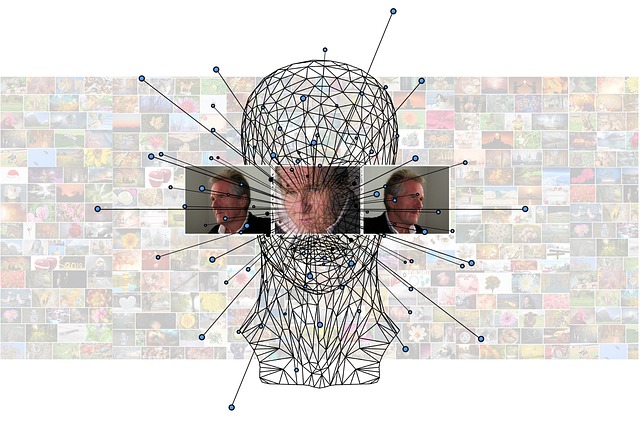As we venture further into the 21st century, the integration of intelligent systems into our everyday lives is no longer a distant dream but an unfolding reality. With the rapid advancements in robotics and artificial intelligence, businesses are taking significant strides towards automating processes that once required human intervention. The potential of these technologies not only enhances productivity but also transforms the very nature of work itself.
Robotics, coupled with intelligent systems, is revolutionizing various industries by providing solutions that were previously unimaginable. From manufacturing floors where robotic arms seamlessly assemble products to warehouses where autonomous drones manage inventory, the applications are diverse and growing. These intelligent systems are designed to learn from their environment, adapt to changes, and even predict challenges before they arise, leading to a smarter, more efficient workflow.
Artificial intelligence (AI) is at the heart of this transformation. By employing machine learning algorithms, AI can analyze vast amounts of data faster and more accurately than any human. This capability allows businesses to derive insights that inform strategic decision-making, optimize operations, and tailor services to meet customer demands effectively. Imagine a retail store where AI-driven systems analyze shopping patterns in real-time to adjust inventory or recommend products to shoppers based on previous purchases. This level of personalization enhances the customer experience while driving sales.
Automation in business is becoming a necessity rather than a choice. Organizations that embrace these intelligent systems not only gain a competitive edge but also position themselves for future sustainability. The efficiency offered by automation can lead to significant cost savings, reduced operational risks, and improved quality of services. Moreover, the collaboration between humans and machines can foster creativity and innovation, as employees are freed from repetitive tasks to focus on higher-value activities.
However, the advent of intelligent systems also raises important considerations. As businesses adopt automation, there is a critical need to address the ethical implications, such as potential job displacement and data privacy concerns. It’s essential for companies to approach automation thoughtfully, ensuring that it complements human skills rather than replacing them entirely. Educating the workforce and investing in re-skilling initiatives will be vital in transitioning to this new paradigm.
As we look ahead, it’s clear that the future of Algoritmus lies in harnessing intelligent systems for robotics and automation. Businesses that understand the potential of these technologies will not only thrive but also lead the charge towards a more innovative and efficient world. Embracing this transformation opens doors to endless possibilities, where humans and machines work in synergy, creating a sustainable future for industries and communities alike.




